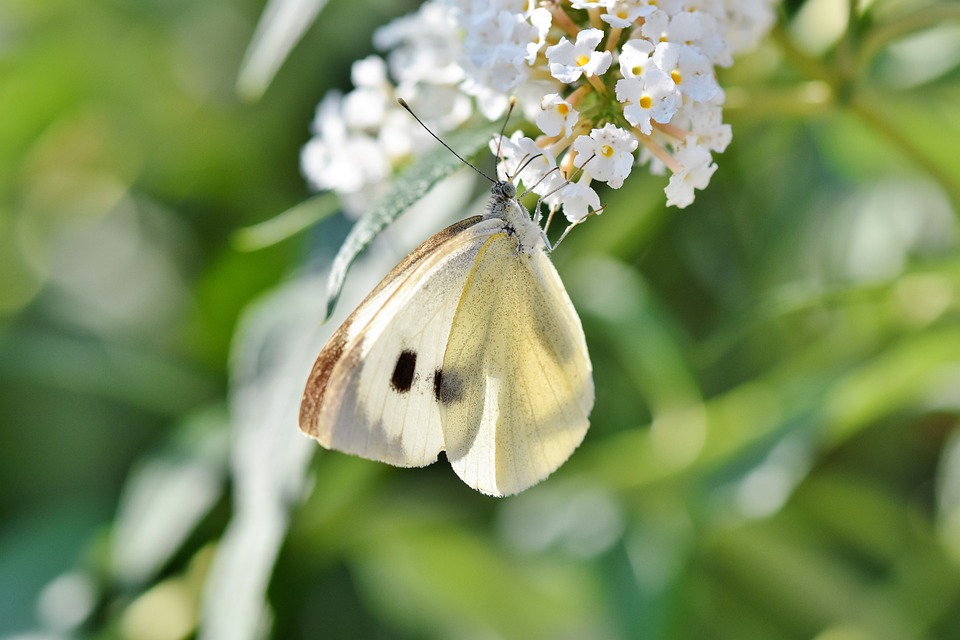As warmer weather rolls in, many of us look forward to spending time outdoors—whether it’s hiking, camping, or simply enjoying a barbecue in the backyard. However, the unwelcome presence of bugs can quickly put a damper on any outdoor activity. While conventional bug repellents usually contain harsh chemicals like DEET, there is a growing interest in natural and chemical-free alternatives. This guide will explore the benefits of using natural bug repellents, several effective options, and tips for making your outdoor experiences bug-free and enjoyable.
Why Choose Natural Bug Repellents?
Natural bug repellents are gaining popularity for several reasons:
-
Safety: Many synthetic repellents can cause skin irritations or allergic reactions. Natural alternatives generally have fewer side effects, making them a safer choice for children and individuals with sensitive skin.
-
Environmental Friendliness: Chemical repellents can have a negative impact on ecosystems, harming beneficial insects and contributing to pollution. Natural repellents are often biodegradable and less harmful to the environment.
-
Sustainability: Many natural repellents are sourced from plants, which can be grown sustainably. Choosing natural products supports sustainable farming practices and reduces your carbon footprint.
- Aromatherapy: Many natural ingredients have pleasant scents that can enhance your outdoor experience rather than leaving a chemical aftertaste.
Effective Natural Bug Repellents
1. Essential Oils
Essential oils are among the most effective natural bug repellents. Many oils have insect-repelling properties, and they can be easily mixed with carrier oils for application. Here are some popular options:
- Citronella Oil: Often used in candles and sprays, citronella is effective at repelling mosquitoes and other insects.
- Lemon Eucalyptus Oil: The Centers for Disease Control and Prevention (CDC) acknowledges this oil as an effective repellant against West Nile Virus and Zika.
- Lavender Oil: Not only does lavender smell heavenly, but it’s also known to deter mosquitoes, fleas, and moths.
- Peppermint Oil: Its strong scent can help repel ants and spiders, making it a great option for picnics and outdoor gatherings.
2. Vinegar
Both apple cider vinegar and white vinegar can act as effective barriers against bugs. Vinegar’s strong smell drives away mosquitoes and other pests. You can make a simple spray by mixing equal parts vinegar and water and spraying it on exposed skin and clothes.
3. Witch Hazel
This versatile plant extract has antibacterial properties and can be used to ward off mosquitoes and other insects. Mix witch hazel with essential oils like lavender or eucalyptus for added protection.
4. Neem Oil
Derived from the seeds of the neem tree, neem oil is renowned for its insect-repelling properties. It’s effective against a variety of pests, including mosquitoes and fleas. Combine neem oil with a carrier oil for a safe topical application.
5. Garlic
Garlic not only adds a punch to your meals; it also has insect-repelling properties. You can create a garlic spray by blending garlic with water and letting it steep. Strain the mixture and apply it to exposed skin or around your outdoor area.
DIY Natural Bug Repellent Recipe
For a simple and effective natural bug repellent, you can create your own blend at home. Here’s a quick recipe:
Ingredients:
- 10 drops of citronella essential oil
- 10 drops of lemon eucalyptus essential oil
- 10 drops of lavender essential oil
- 2 tablespoons of witch hazel
- 2 tablespoons of distilled water
- A small spray bottle
Instructions:
- Combine the essential oils, witch hazel, and distilled water in the spray bottle.
- Shake well to mix the ingredients.
- Spray on exposed skin, avoiding contact with eyes and mouth.
Tips for Effective Bug Protection
- Apply Before Outdoor Activities: For best results, apply your natural repellent before heading outdoors, and reapply every couple of hours, or more frequently if swimming or sweating.
- Dress Appropriately: Wearing light-colored, long-sleeved clothing can help minimize bug bites. Bugs are attracted to dark colors, so lighter shades may reduce their interest.
- Avoid Scented Products: Sweetly scented lotions and fragrances can attract insects. Opt for unscented or naturally scented products instead.
- Create an Insect-Repellent Environment: Consider using citronella candles, essential oil diffusers, or herbal sachets around your outdoor space to deter bugs.
Conclusion
Choosing natural and chemical-free bug repellents is an excellent way to enjoy the great outdoors without compromising your health or the environment. With an array of effective options available—from essential oils to homemade sprays—protecting yourself from pesky insects has never been easier or more sustainable. Embrace the beauty of nature this season, and enjoy your outdoor adventures with the assurance that you’re doing your part to keep the environment healthy and bug-free. Happy exploring!
